Since 2014, a group of high-ranking officials from leading democratic nations have held secret meetings each year to discuss protecting the liberal world order. Who’s this mysterious group? They call themselves the D10, and its members are no surprise: America, Britain, France, Germany, Italy, Canada, Japan, Australia and South Korea, and the European Union.
But at their next meeting in September, the D10 will have a new agenda item: America’s global role. Questioning the loyalty of a member from the inside circle seems like a scene from Mean Girls, but Donald Trump’s presidency is affecting the D10’s precious rules-based order from within.
Protecting the rules-based order
As stated on the Atlantic Council’s website, the D10 is focused on “building and maintaining the rules-based democratic order.”
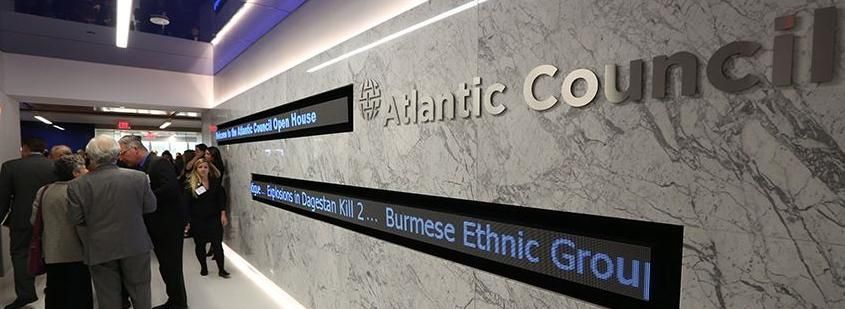
The D10 process has spawned various other coalitions centered around protecting democratic order, with spunky names like the Democratic Order Initiative and the Alliance of Democracies Foundation.
The latter was founded by Anders Fogh Rasmussen, a former Danish prime minister and NATO secretary-general. Through this foundation, Rasmussen jump-started a global “campaign for democracy” and its first initiative is a Transatlantic Commission on Election Integrity — as implied by its name, the initiative is meant to improve defenses against election interference. Among its 13 commissioners is Obama’s BFF and former VP, Joe Biden.
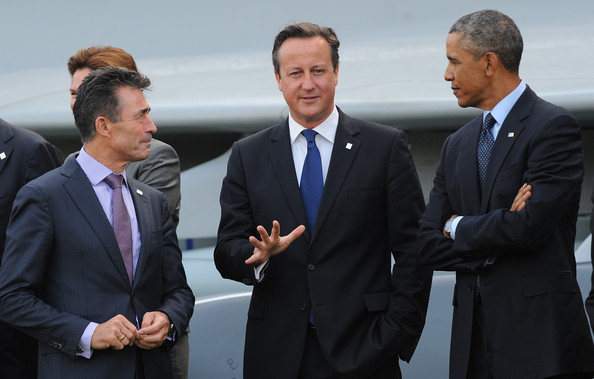
France got in on the action, too. Emmanuel Macron has taken on an ambitious project with the Paris Peace Forum, to be held on November 11th-13th. This annual forum is meant for governments and civic groups to openly discuss problems of the international community. Specifically, it’s driven by a “momentum for collective action, both among states and civil societies as well as in the Global North and Global South.”
So what is this rules-based order that has nations and presidents taking action? Generally, it’s the idea that all nations act in a balanced nature that benefits the world as a whole — conducting activities in accordance with restrictions set by international law, trade agreements, and immigration protocols.
It sounds like an optimistic UN resolution or something from Truman’s containment policy during the Cold War, but the D10 and many other organizations were founded on these ideals. And with Trump’s action-packed presidency, they hold a legitimate fear of their cookie crumbling.
According to Ash Jain, overseer of the D10 initiative at the Atlantic Council, the D10 “takes on even greater meaning at this time of uncertainty surrounding America’s global role.” Rasmussen has called for the free world to advance and defend democracy as a result of the unclear ideological leadership in the White House.
According to Freedom House, in 2017 political rights and civil liberties worldwide deteriorated to their lowest point of the decade. The defining factors of 2017 were “emboldened autocrats, beleaguered democracies, and the United States’ withdrawal from its leadership role in the global struggle for human freedom.”
Even with leading democracies proactively promoting rules-based order, there’s been an erosion of democratic values in countries that were previously moving towards a free society, such as Poland, Hungary, Turkey, and the Philippines.
Civil society and media in Hungary are being suffocated by the government under PM Viktor Orban, and the country’s neighbor, Poland, is following suit. Turkey is expanding presidential powers to the brink of authoritarianism, and Duterte is pushing for the same in the Philippines.
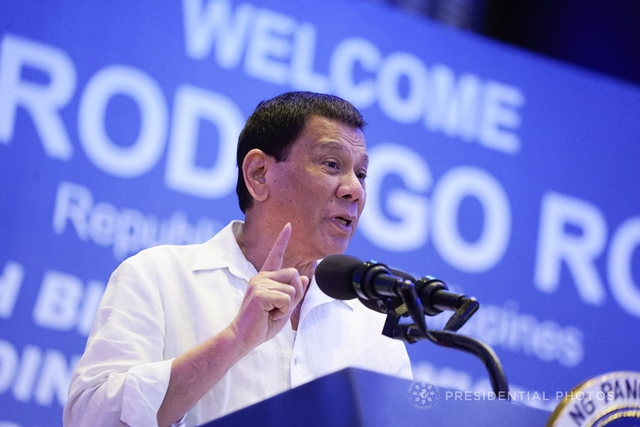
Ash Jain states that after a year of Trump’s presidency, the democratic order “can at best be described as in stable but serious condition, one shock away from critical.”
The idea of a “rules-based order” sounds great, but practically the costs and benefits of these “rules” will never be applied evenly. In addition, if these “rules” ever evolve to conflict with a nation’s interest, why would that nation continue to follow them? The D10 would argue for the sake of international order, Donald Trump would argue otherwise.
This is America
Donald Trump’s America First approach has the U.S. retreating from major roles on the international stage. With the D10 trying to regulate order among nations, policymakers are scrambling to fill the gaps that America once occupied.
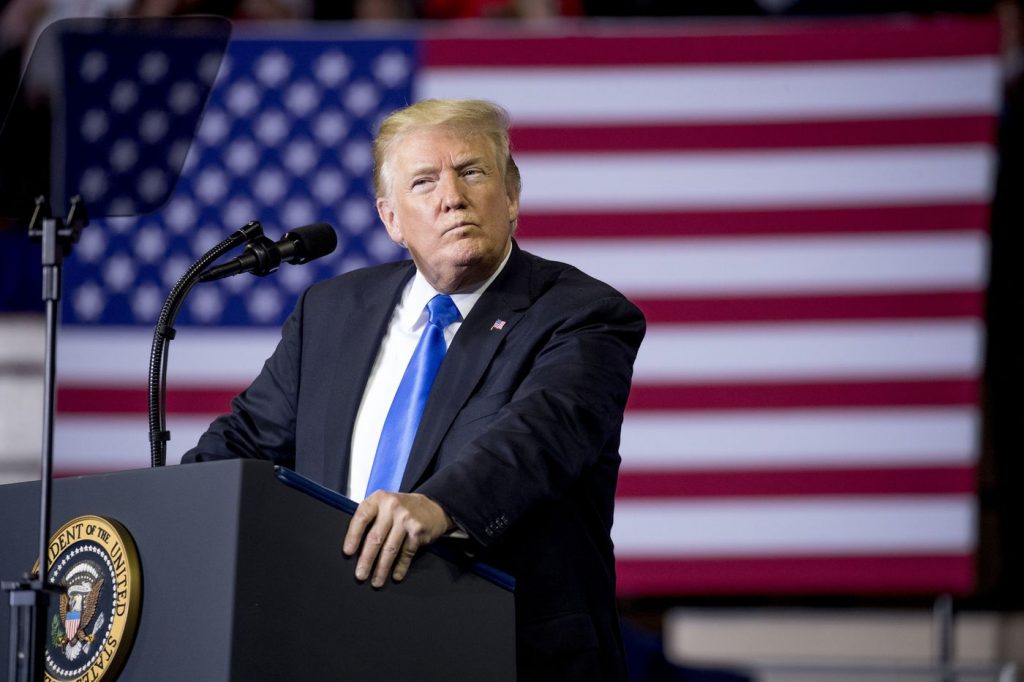
President Trump’s maverick behavior has woken up the U.S. government and the American people to the structural problems of U.S. democracy. For one, the traditional electoral college process is unreformed and unaccountable. As a result, Trump is the fifth president who lost the popular vote and still won office.
America has always had checks and balances; there exists a chain of command that cannot be bypassed. But even security experts have said that nobody has legal power to block a presidential launch order. This problem has existed for a long time, well before the 2016 elections; Trump’s long list of executive orders has simply exposed this unnerving flaw of U.S. democracy. Ignorance is bliss until you give power to someone hungry for radical change.
As a side note, one should recognize that Trump’s presidency has been uniquely derisive toward democracy on a global scale. As best stated by Simon Tisdall in The Guardian, “His encouragement of ultranationalist, racist and neo-fascist forces from Warsaw to Charlottesville, divisive demagoguery, relentless vilification of independent journalism, contempt for the western European democracies, coddling of dictators and rejection of the established, rules-based international order all reinforce perceptions that the global role of the US as shining democratic beacon is dimming rapidly.”
What did Trump do?
In just the starting months of his presidency, Trump initiated over 40 executive orders. Among them: the ban on travel from seven Muslim-majority countries, an imposition on steel tariffs, and “relief” from the Affordable Care Act. Though all these orders were controversial, once issued, they were rarely overturned.
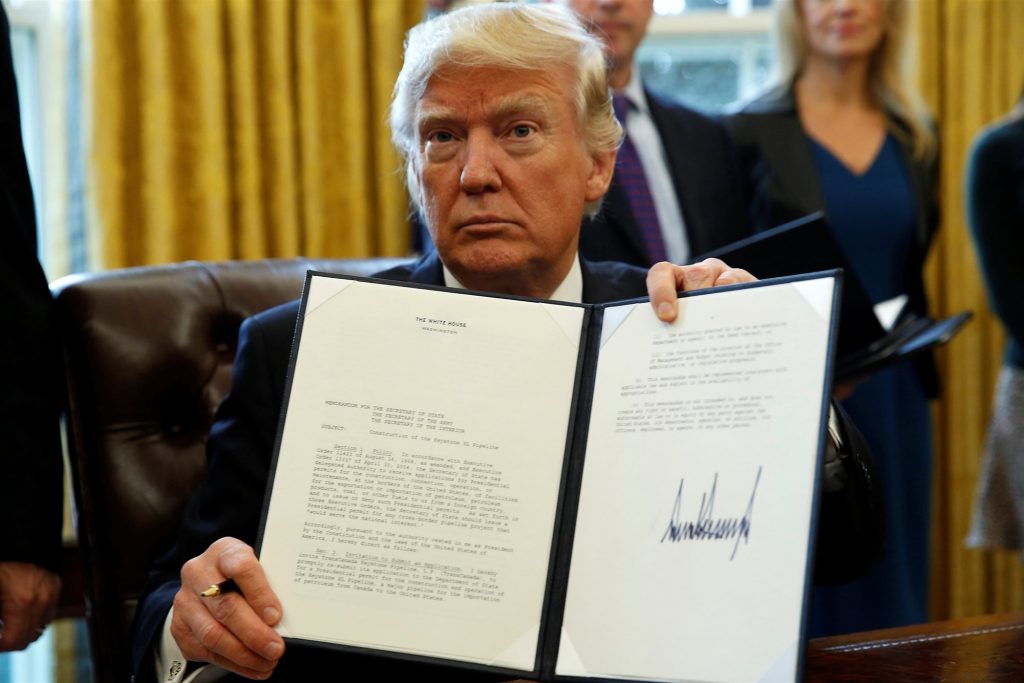
President Donald Trump has pulled the U.S. away from its previous international engagements. Trump’s hostility on trade became evident when he took the U.S. out of the 12-country Trans-Pacific Partnership, which intended to set free-market rules for the region. The priorities of the U.S. became contentious after the abandonment of the Paris climate accord.
And in ditching the Iran nuclear deal while attacking NATO policies, Trump’s caused some of the U.S.’ closest allies to question the new American foreign policy. More recently, mounting evidence of Russian election influence has added to the sense of democratic crisis.
With such deep changes in America, global perspectives have shifted. According to ZDF Politbarometer, only 9 percent of Germans think Trump’s America is a reliable partner for the security of Europe. In Australia, annual polling by the Lowy Institute shows a 28-point fall since 2011 in the share of people who trust America to act responsibly.
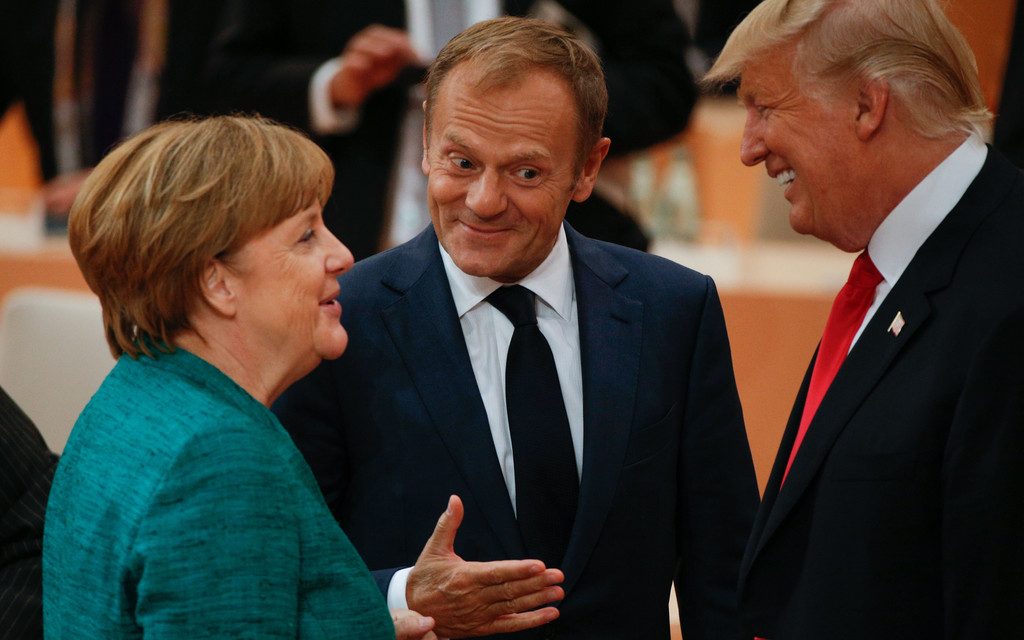
Even U.S. intelligence chiefs agree: “Our democracy itself is in the crosshairs,” said Kirstjen Nielsen, the homeland security secretary.
Taking America for granted
Regardless of mounting issues, the democratic order has remained intact, which begs the question: does the U.S. need to be seen as democratic for democratic values to hold globally? Maybe not, but if the U.S. maintained its role in international organizations and agreements, the D10 would have less work on its plate.
The only real urgency is to recognize what is happening. American citizens and the international community cannot take the U.S.’ democratic model for granted. With decades of being unquestioned and unending, American democracy is more vulnerable than ever to change. Shouldn’t we be paying attention?
Source for Featured Image: REUTERS/Tomas Bravo
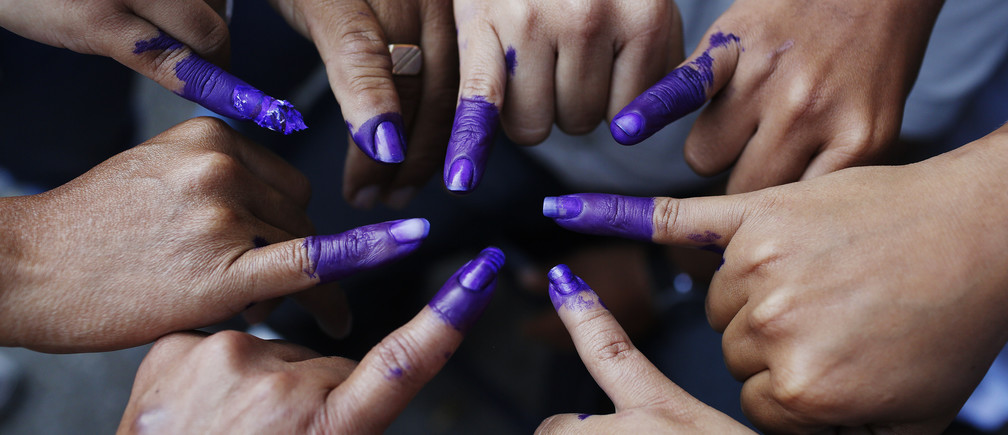
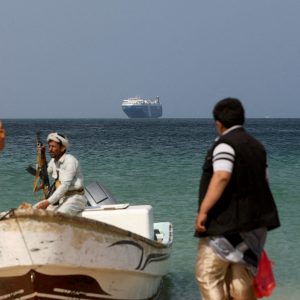
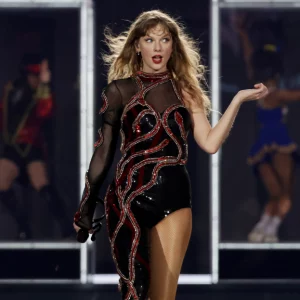
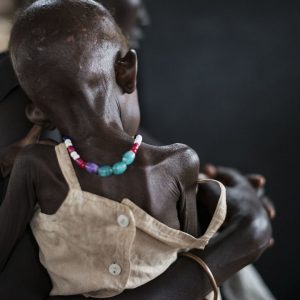


Be First to Comment